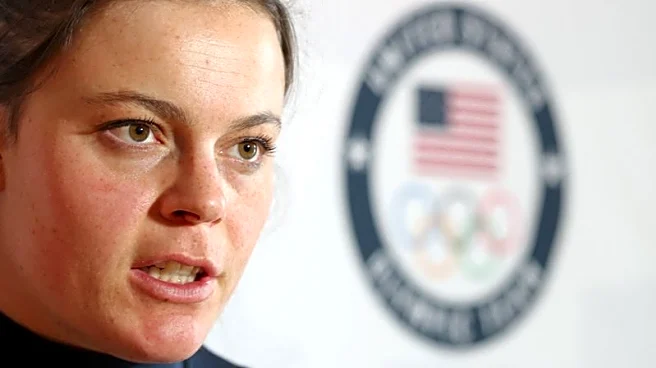What's Happening?
Pope Leo XIV has declined to authorize the creation of an AI version of himself, which would allow Catholics worldwide to interact with a virtual Pope. He expressed concerns about AI's impact on human dignity, justice, and labor, warning against creating a 'fake world' that challenges the truth. While acknowledging AI's benefits in fields like medicine, the Pope emphasized the need for strong regulation to prevent potential harm, particularly to children's intellectual and neurological development.
Why It's Important?
The Pope's decision highlights the ongoing debate about AI's role in society, particularly in spiritual and ethical contexts. His refusal to endorse an AI Pope reflects concerns about technology's ability to replace genuine human interaction and spiritual guidance. This stance may influence religious and ethical discussions on AI, encouraging stakeholders to consider the implications of technology on human values and societal norms.
What's Next?
The Pope's comments may lead to increased scrutiny of AI's role in religious and ethical contexts. Religious leaders and policymakers might explore ways to balance technological advancements with the preservation of human dignity. This could result in new guidelines or policies on AI usage, shaping future discussions on technology's impact on society.










